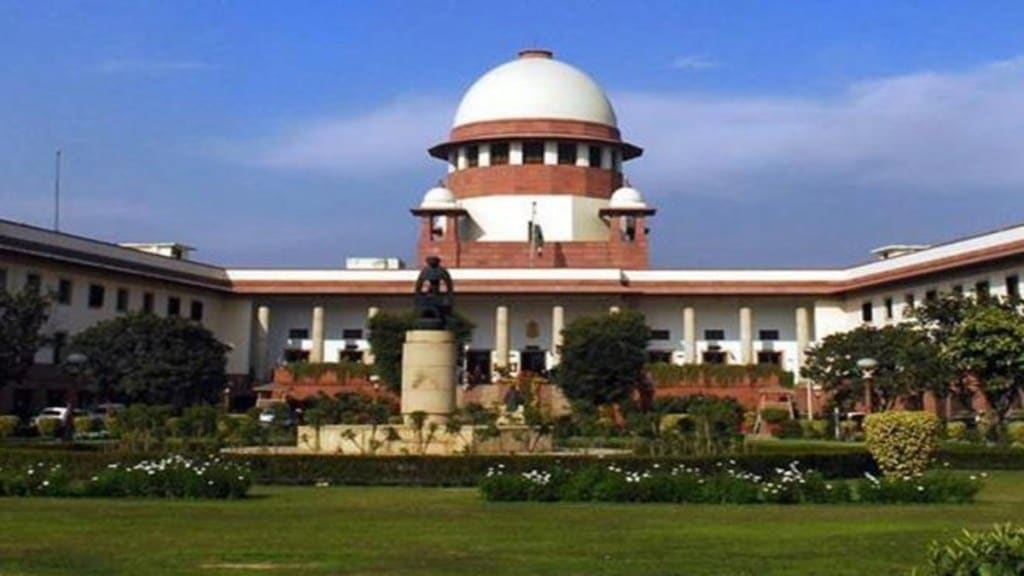In a big relief to businesses and individuals, the Supreme Court on Thursday ruled that anticipatory bail can be granted to taxpayers in cases under the Goods and Services Tax (GST) and Customs laws, allowing them to seek protection even in the absence of a first information report (FIR).
The three judge bench–comprising Chief Justice Sanjiv Khanna, Justice MM Sundresh and Justice Bela M Trivedi emphasised that taxation laws should not be interpreted in a manner that curtails personal liberty unnecessarily.
The apex court ruled that safeguards provided under the Bharatiya Nagarik Suraksha Sanhita (BNSS) would apply to arrests under these tax laws, and pronounced that tax authorities must establish “reasons to believe” before initiating proceedings.
“The power to arrest is a drastic measure and must be exercised with caution, keeping in mind the fundamental rights of citizens,” the court stated. While tax evasion is a serious economic offence, it should not be equated with heinous crimes such as murder or terrorism, it said.
The SC was hearing a batch of 279 petitions challenging the penal provisions of these laws. The petitioners had argued that these provisions were inconsistent with the Constitution, Article 20 and 21, and BNSS.
Moreover, the court clarified that amendments to the Customs Act and GST Act reflect a legislative intent to ensure a balanced approach in tax enforcement. “The legislature has consciously created statutory safeguards against arbitrary arrests, and such safeguards must be upheld to prevent undue hardship to individuals,” it said.
“While upholding the constitutional validity, which, to be honest, was not completely unexpected, the SC has provided for critical checks and balances, which should hopefully go a long way in curbing instances of tax-terrorism and providing some level of protection for taxpayers,” said Sudipta Bhattacharjee, partner, Khaitan & Co.
For instance, the SC emphasized the requirement for authorities to document their “reasons to believe” before initiating an arrest, in line with principles laid down in Arvind Kejriwal’s case, added Bhattacharjee.
SR Patnaik, partner, Cyril Amarchand Mangaldas, said: “This decision also ensures due process of law being followed and declares that the power to arrest someone should always be based on evidence, avoiding any arbitrariness.”

